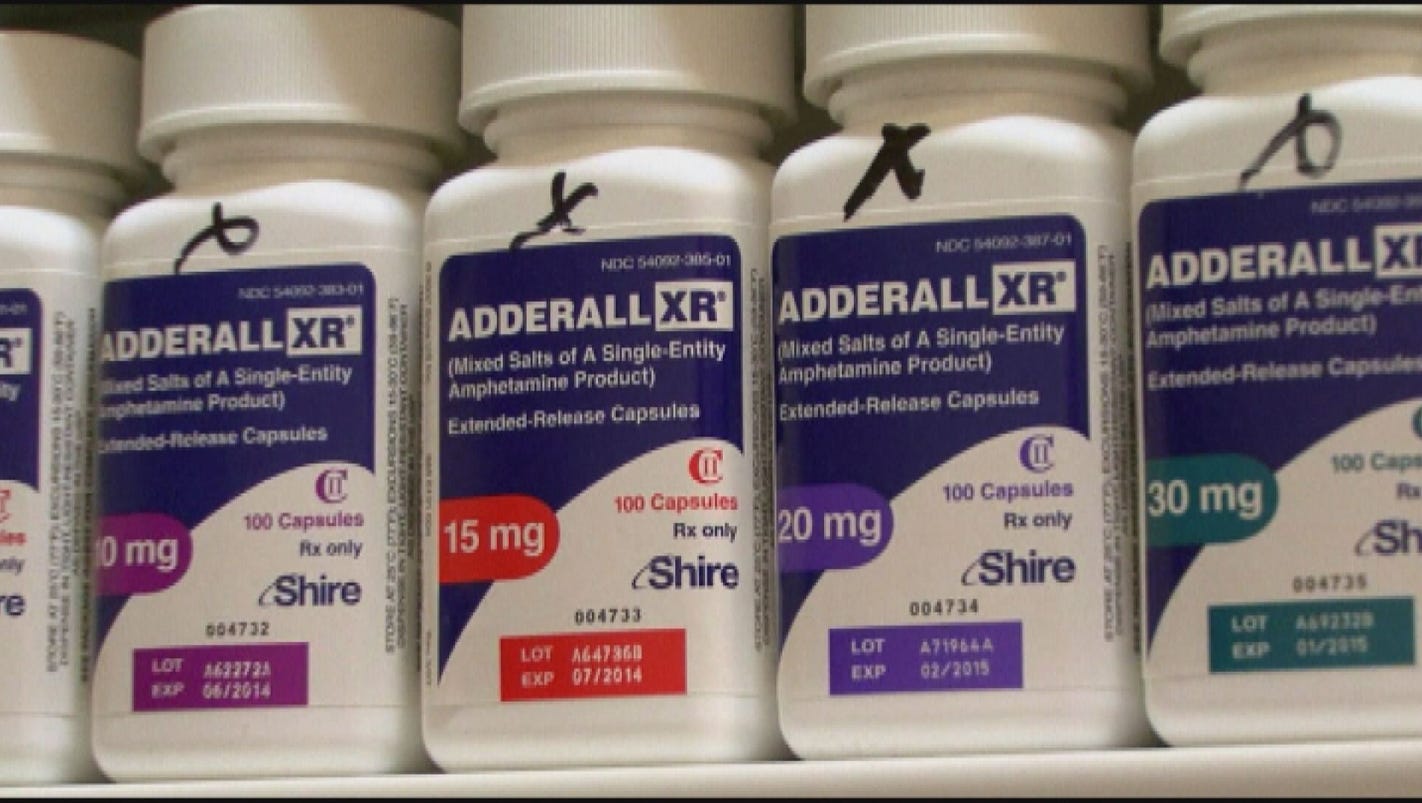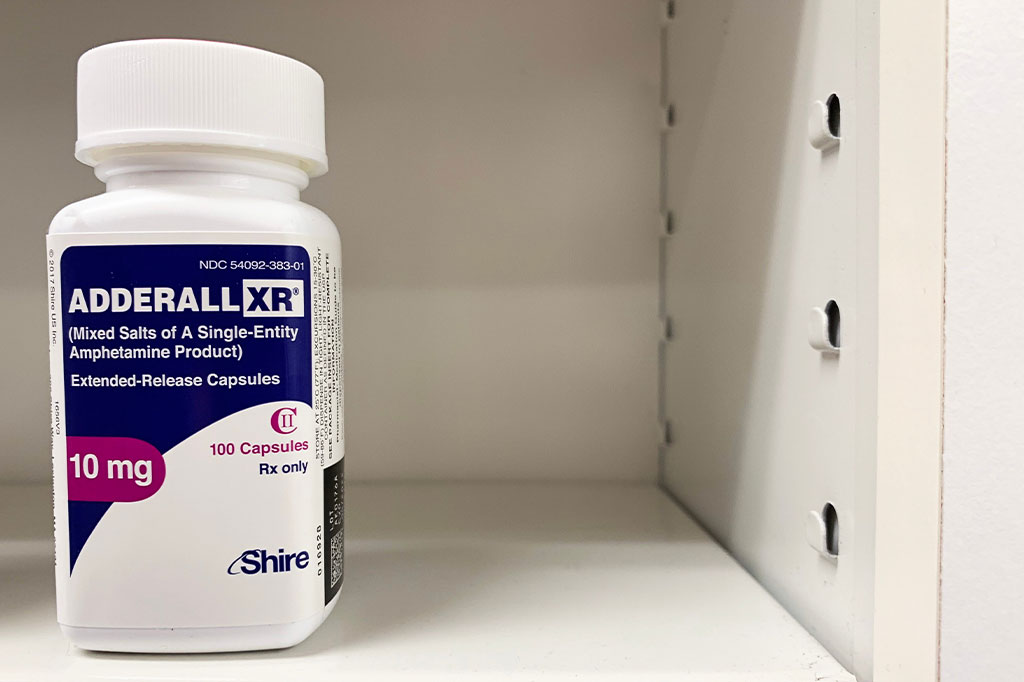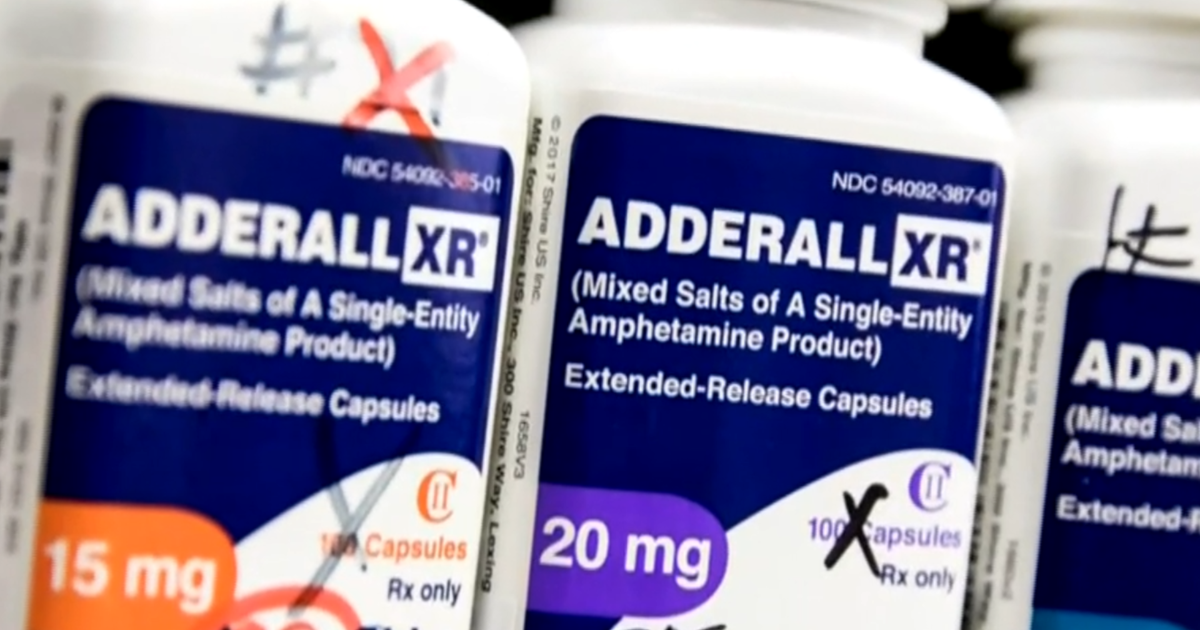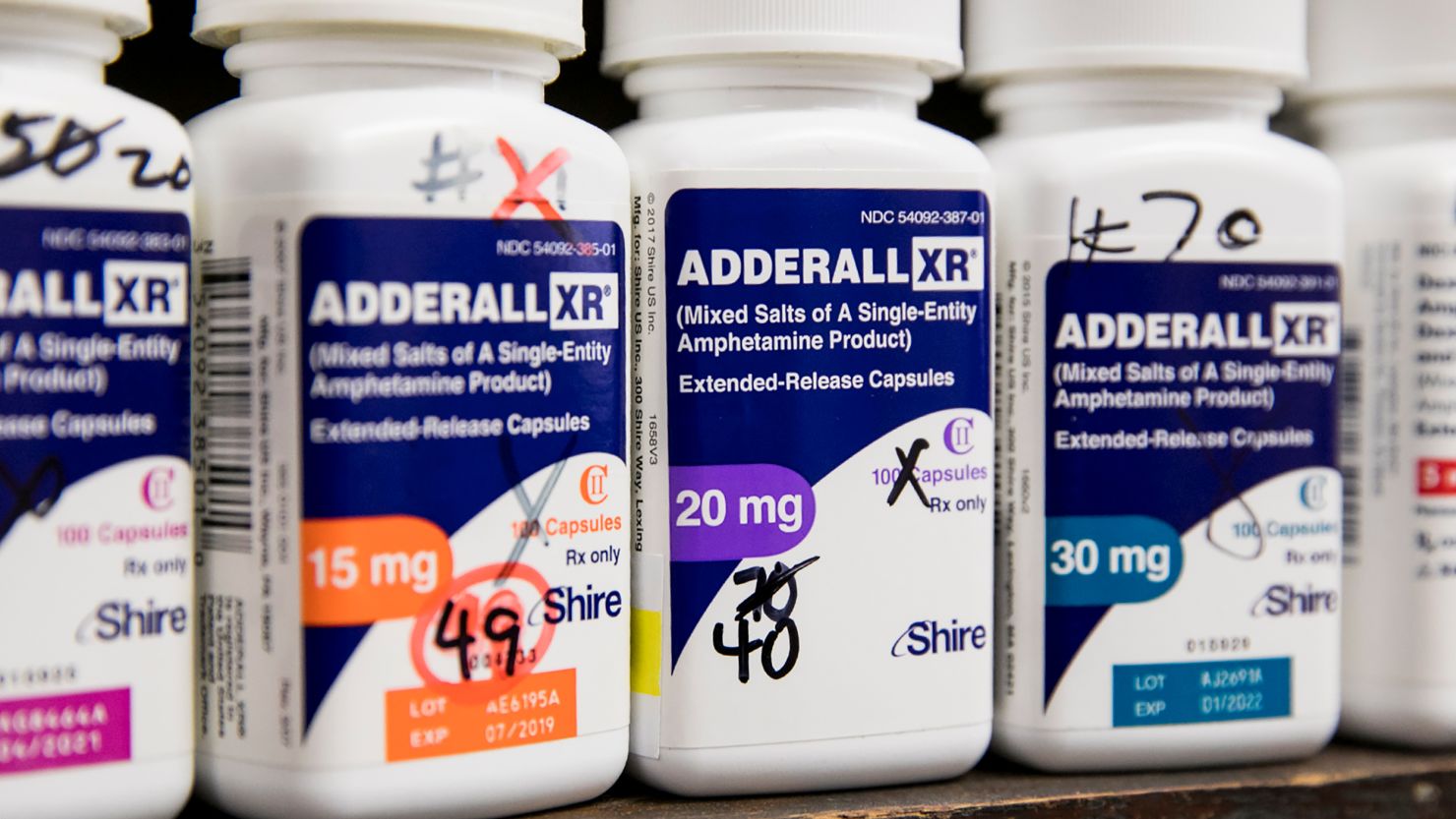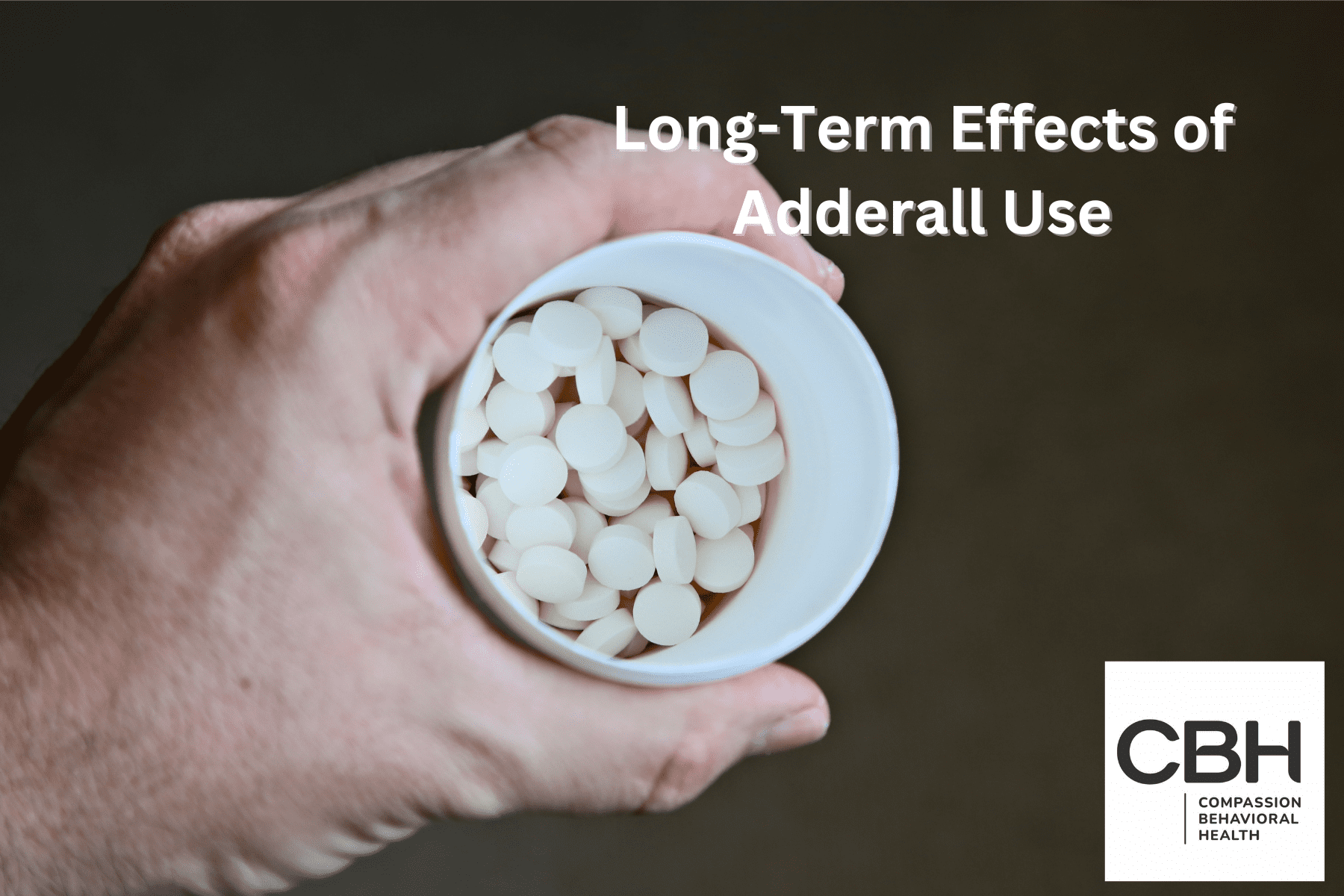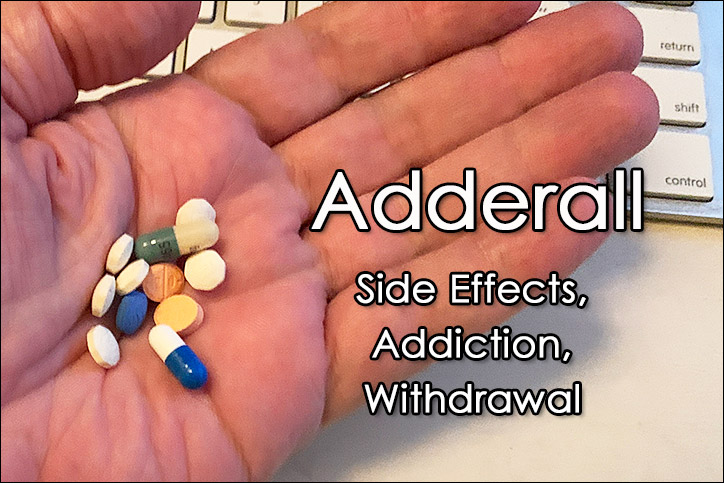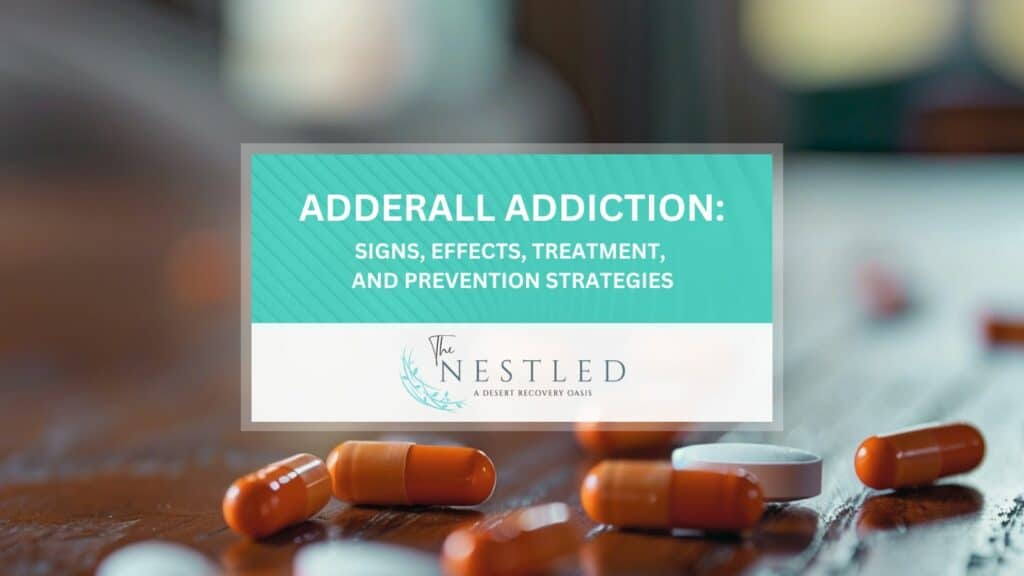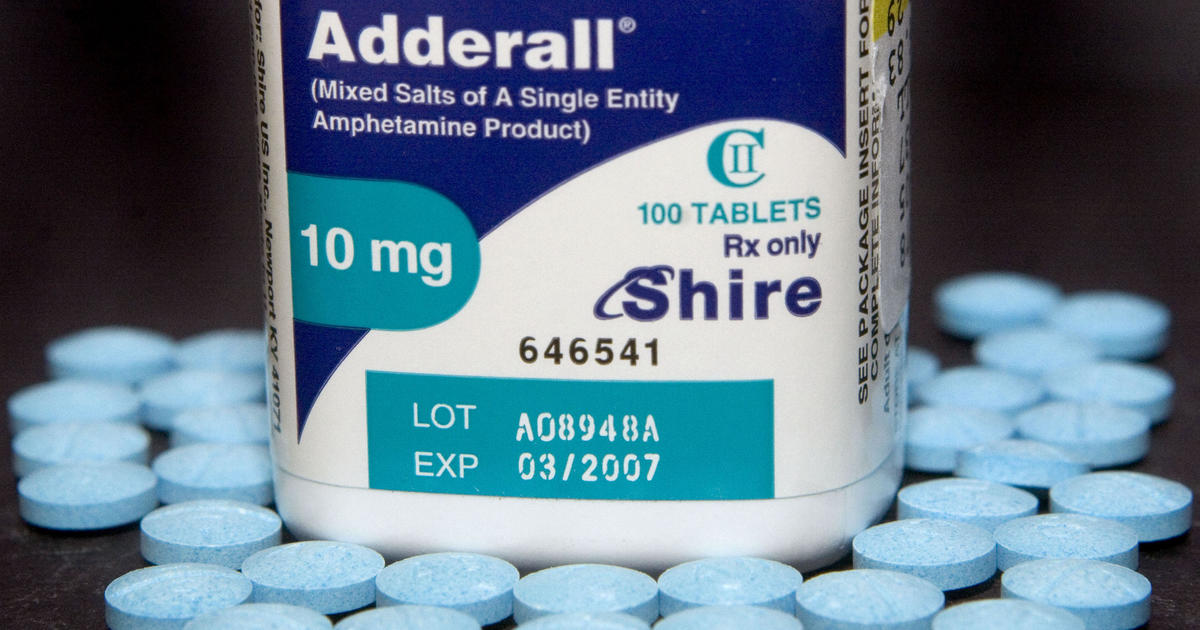Over The Counter Replacement For Adderall
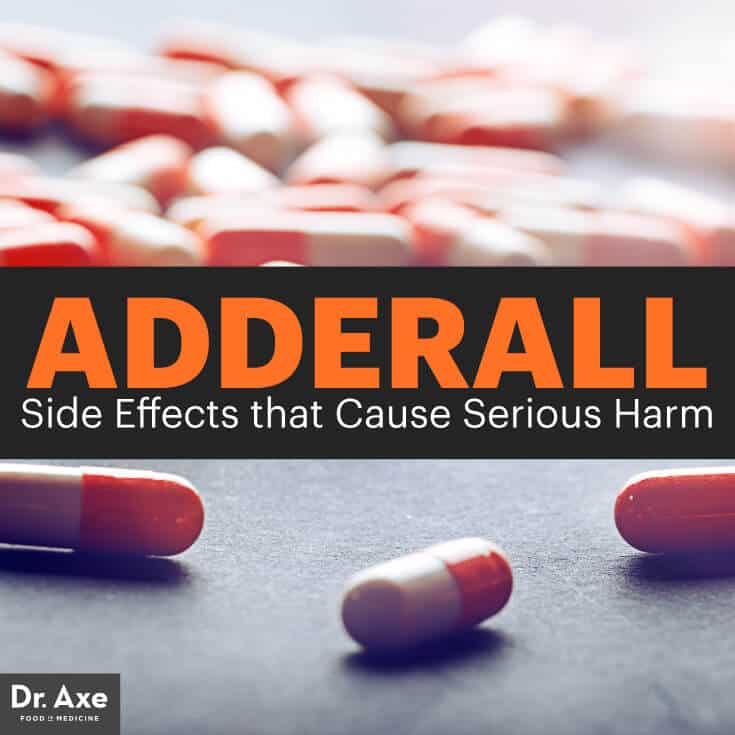
The search for readily available cognitive enhancers is intensifying as a new wave of over-the-counter (OTC) alternatives to prescription drugs like Adderall emerges, promising improved focus and mental clarity without a doctor's note.
This development, fueled by increased demand and accessibility, raises questions about efficacy, safety, and the potential for misuse.
The Rise of OTC Cognitive Enhancers
The market for OTC cognitive enhancers, often marketed as dietary supplements, has seen substantial growth in recent years. These products typically contain a blend of vitamins, minerals, herbal extracts, and amino acids, all purported to enhance cognitive function.
Ingredients like L-theanine, caffeine, Bacopa monnieri, and various B vitamins are commonly found in these formulations. Proponents claim these substances can improve focus, memory, and overall mental performance.
The key players in this space range from established supplement companies to newer, online-focused brands. They often target students, professionals, and anyone seeking a mental edge.
What the Science Says
The scientific evidence supporting the efficacy of these OTC alternatives is mixed. Some studies suggest that certain ingredients, like caffeine and L-theanine, can have a synergistic effect on cognitive performance.
For instance, research published in the journal Nutritional Neuroscience has demonstrated that the combination of L-theanine and caffeine can improve attention and alertness. However, many other ingredients lack robust clinical evidence.
Bacopa monnieri, a herb used in traditional Ayurvedic medicine, has shown promise in improving memory and cognitive function in some studies. But larger, more rigorous trials are needed to confirm these findings.
Safety Concerns and Regulations
One of the biggest concerns surrounding OTC cognitive enhancers is the lack of stringent regulation. Dietary supplements are regulated by the FDA under the Dietary Supplement Health and Education Act (DSHEA), which is less strict than the regulations for prescription drugs.
This means that manufacturers don't need to prove the safety or efficacy of their products before they go to market. The FDA can only take action against a supplement after it has been shown to be unsafe.
Furthermore, the dosages of ingredients in these supplements may not always be consistent, and there is a risk of contamination or adulteration. Consumers should be wary of products making exaggerated claims or those that contain proprietary blends, where the exact amounts of each ingredient are not disclosed.
Potential Side Effects
While many OTC cognitive enhancers are marketed as safe, they can still cause side effects. Common side effects associated with ingredients like caffeine include anxiety, insomnia, and digestive issues.
Some herbal ingredients may interact with medications or have adverse effects on certain individuals. For example, Ginkgo biloba, often used to improve memory, can increase the risk of bleeding, especially in people taking blood thinners.
Experts caution that long-term use of these supplements has not been well-studied, and the potential for cumulative effects or interactions is unknown. "It's crucial for consumers to consult with a healthcare professional before taking any new supplement, especially if they have underlying health conditions or are taking medications," says Dr. Emily Carter, a neurologist at Massachusetts General Hospital.
The Allure of Alternatives
The growing interest in OTC cognitive enhancers reflects the increasing pressure to perform and the desire for quick fixes. For many individuals, the appeal of a readily available, non-prescription option is strong.
However, experts warn that relying solely on supplements is not a sustainable or healthy approach to cognitive enhancement. Lifestyle factors like sleep, nutrition, and exercise play a crucial role in brain health.
“There's no magic pill for cognitive enhancement," says Professor David Miller, a cognitive neuroscientist at Stanford University. "A healthy lifestyle, coupled with evidence-based interventions, is the most effective way to improve cognitive function.”
Ethical Considerations
The use of cognitive enhancers, whether prescription or OTC, raises ethical questions about fairness and equity. Some argue that these substances give users an unfair advantage, particularly in competitive environments like academics or the workplace.
Others argue that individuals should have the right to use these tools to improve their cognitive abilities, as long as they are doing so safely and responsibly.
The debate over the ethics of cognitive enhancement is ongoing, and there is no easy consensus. As these products become more widespread, it is important to consider the potential social and ethical implications.
Looking Ahead
The market for OTC cognitive enhancers is likely to continue to grow as more people seek ways to improve their mental performance. Increased research into the efficacy and safety of these products is needed to provide consumers with reliable information.
More stringent regulation of the supplement industry could also help to ensure that these products are safe and accurately labeled. Consumers should approach these alternatives with caution and prioritize evidence-based strategies for cognitive enhancement.
Ultimately, a balanced approach that combines a healthy lifestyle with careful consideration of potential risks and benefits is the most prudent way to navigate the world of OTC cognitive enhancers.

